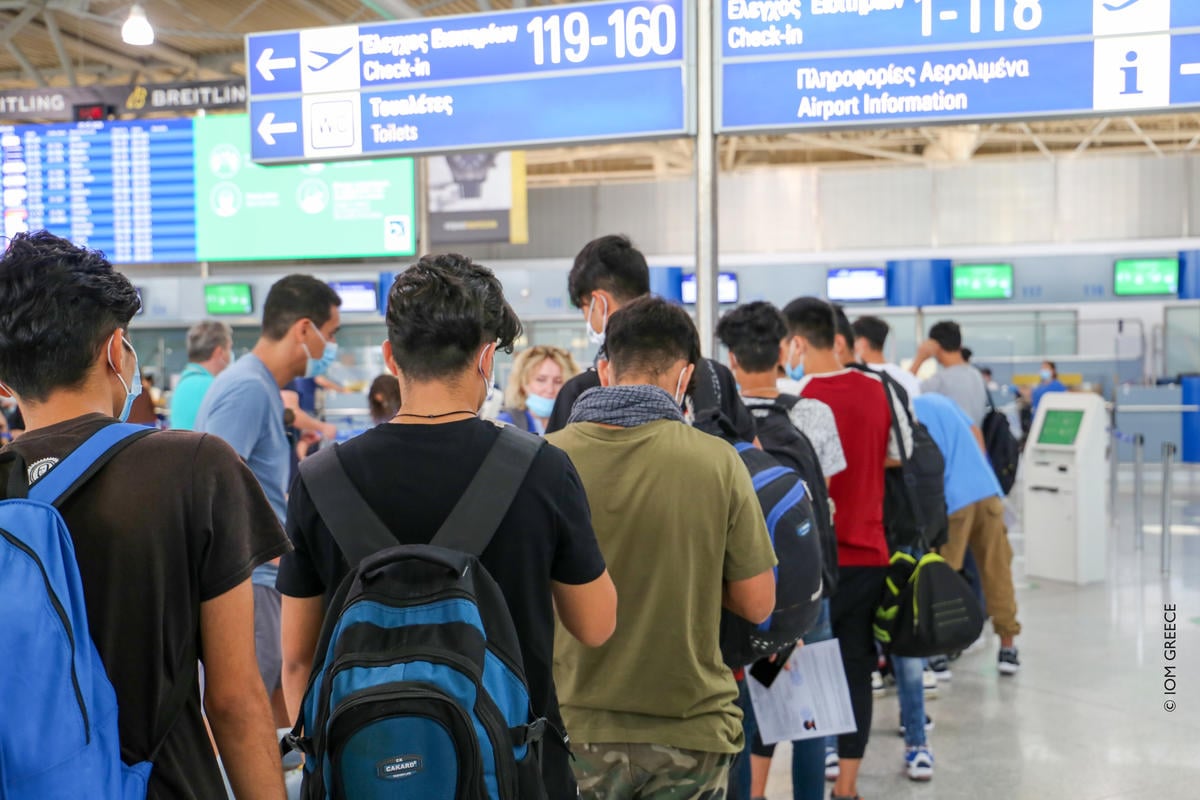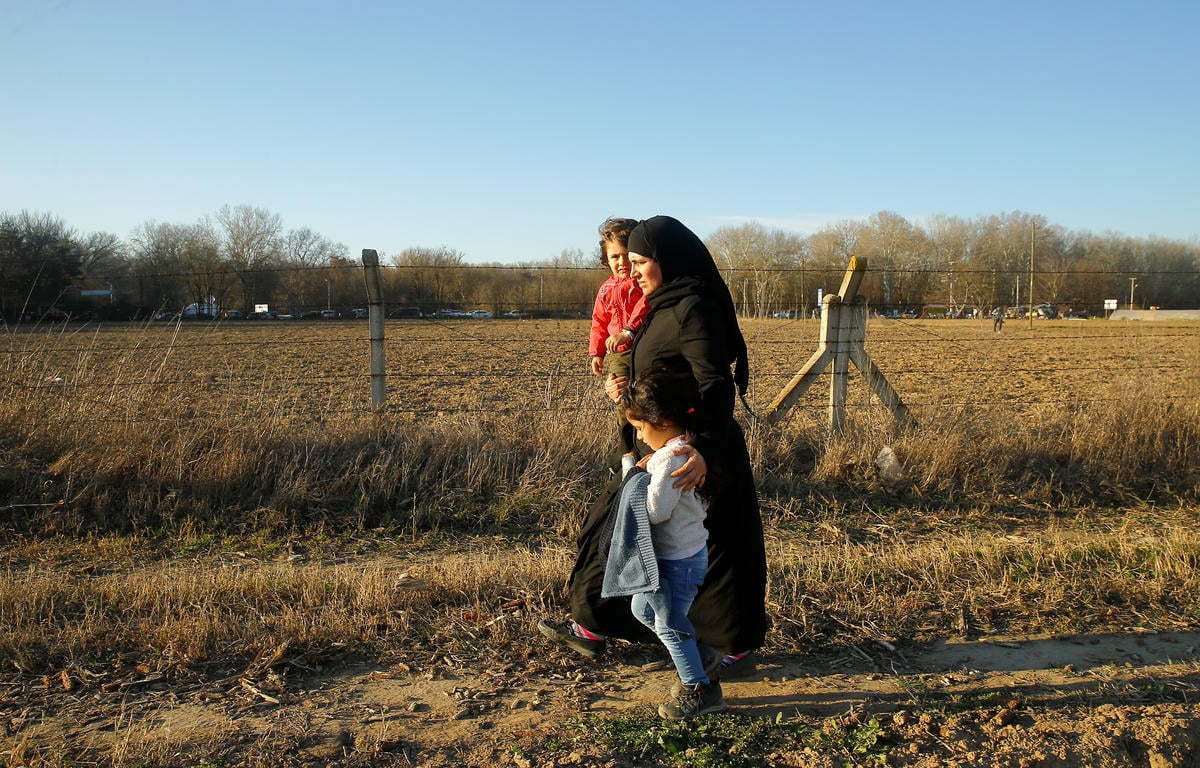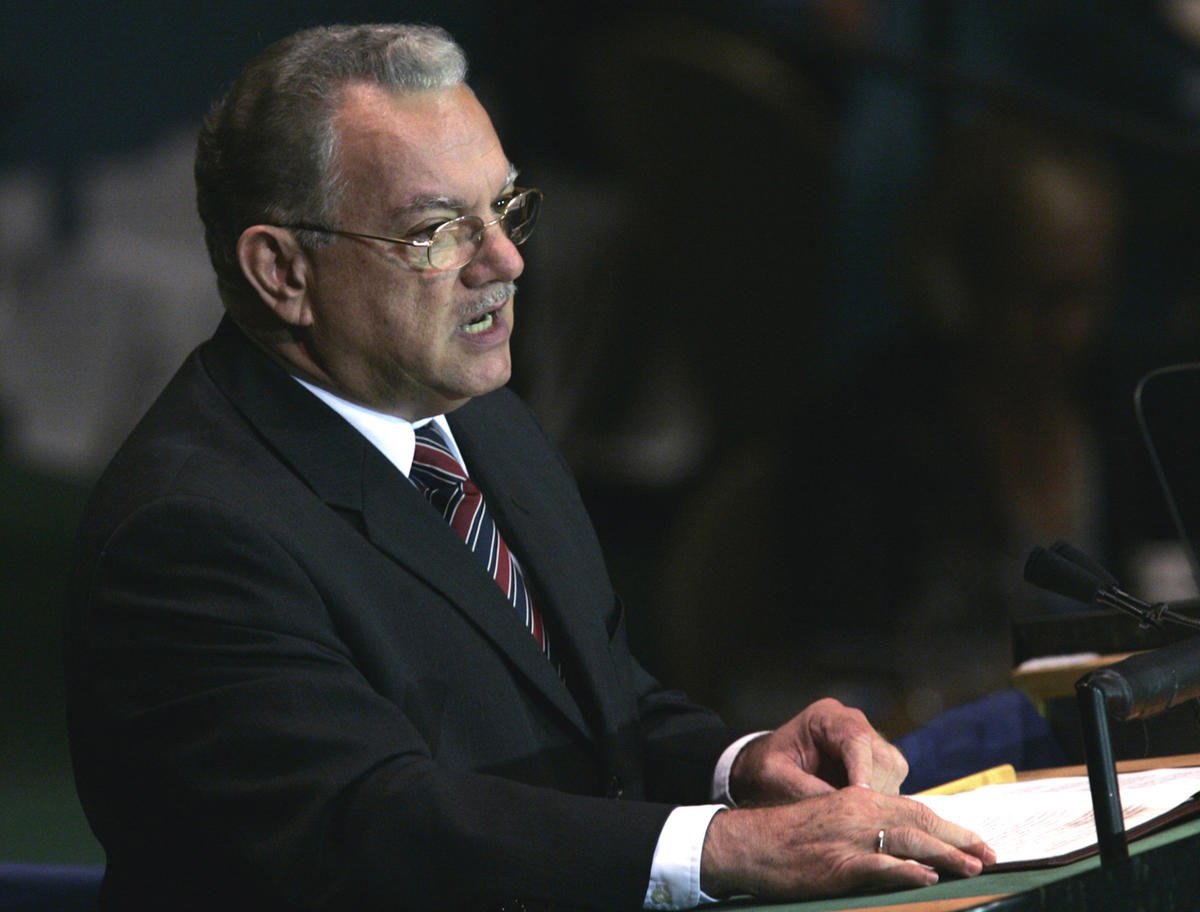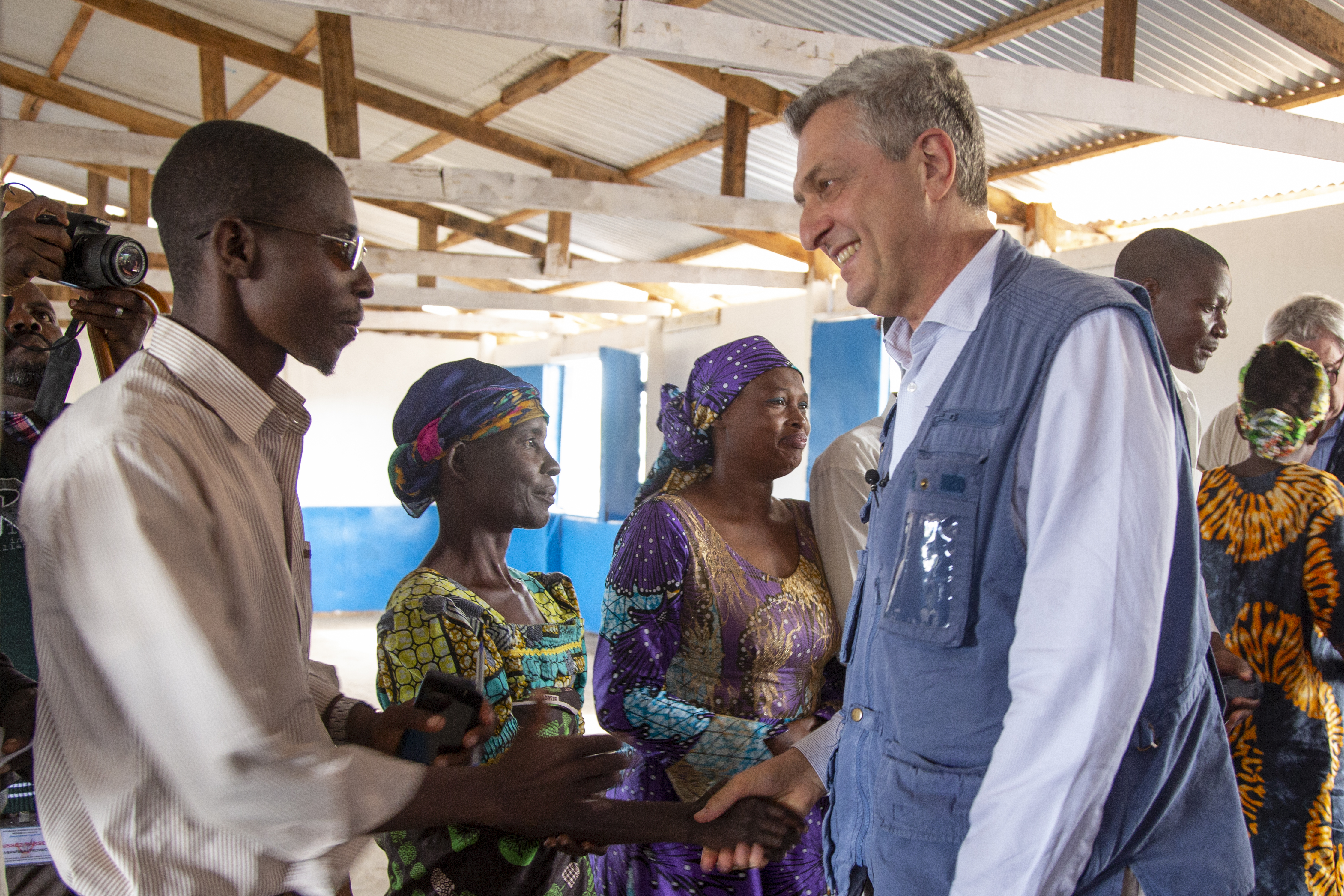UN and maritime experts draw up life-saving recommendations for those in peril on the sea
UN and maritime experts draw up life-saving recommendations for those in peril on the sea

ATHENS, September 14 (UNHCR) - In the face of the rising death toll among migrants and refugees attempting to cross the Mediterranean and other seas, the UN refugee agency announced that maritime and refugee experts on Tuesday agreed on a number of concrete recommendations aimed at upholding the integrity of the international maritime search and rescue regime, and safeguarding the humanitarian tradition of rescue at sea.
Only days after separate incidents led to the loss of dozens of lives off the coast of Italy and Yemen, UNHCR hosted a two-day international meeting on "Interception and Rescue-at-Sea in the Mediterranean" in Athens, that brought together experts from the Mediterranean coastal states and representatives of international and non-governmental organizations. The meeting generated a series of recommendations to be considered by coastal state representatives who will be meeting in Madrid in October.
The phenomenon of men, women and children crammed on rusty, often totally unseaworthy, boats braving the waves to reach their destination is not a new one. However, there is a general belief that the number of people attempting perilous sea journeys, often organized by ruthless smuggling rings, has increased in recent years, as for many this - or equally desperate means, such as land journeys hidden in airless containers - appears to be the only way to reach European and other industrialized countries.
The upsurge in irregular maritime migration, and the rising death toll associated with these movements, has reached the point where many believe there is a continual "humanitarian crisis" taking place in the Mediterranean, with thousands of lives lost over the past decade.
The people taking to the sea do so for a mixture of reasons. The UN refugee agency says it has a direct interest in their fate since, even if the majority may be economic migrants, a certain proportion of those travelling across the Mediterranean - and, inevitably, of those dying in the attempt - are refugees.
Vincent Cochetel, Deputy Director of UNHCR's Department of International Protection, acknowledged the challenges faced by the Mediterranean states in responding to irregular maritime migration, but reminded the meeting that the issue should not be viewed exclusively through a migration-control lens. "There are also people leaving because they are victims of human rights violations or war. They need protection. They need to be quickly disembarked after rescue and given access to the asylum procedure for a fair and efficient determination of their claims," he said.
All the speakers at the meeting agreed on the need to uphold the integrity of the international maritime search and rescue regime and to safeguard the humanitarian tradition of rescue at sea.
"Ship masters who save people in distress should not be penalized with further expenses. They should be allowed to disembark the people as soon as possible," said John Lyras, Chairman of the Shipping Policy Committee of the International Chamber of Shipping, speaking about the difficulties faced by commercial shipping interests when states fail to cooperate in allowing people rescued at sea to be speedily disembarked at the nearest or next port of call.
Experience along the Mediterranean Sea shows that the refusal by states to allow for the disembarkation of stowaways or people rescued at sea may expose them to serious security risks.
UNHCR had last week praised the actions of the Master and crew of the Eli Maersk, a commercial vessel which came to the aid of a group of people stranded in dire conditions in the Gulf of Aden. However, there are fears that nowadays not all captains are behaving in the same, time-honoured, fashion.
"Penalties imposed on ship masters add to their burden and can act as a disincentive to fulfil their humanitarian duty," Cochetel said. "There have been incidents of captains who did not respond to distress calls or who threw people overboard."
In June, a group of 27 people rescued by another Maersk ship, the Clementine Maersk, after a failed engine left them drifting helplessly in the Mediterranean for about a week, said that several other boats either ignored them altogether or promised to summon help which never materialized.
"The International Maritime Organization has adopted amendments to the relevant international Conventions and Guidelines for the Treatment of Persons Rescued at Sea, that help to clarify the responsibilities of states in securing prompt disembarkation after a rescue has occurred," said Captain Graham Mapplebeck, Head of Operational Safety at the UN's International Maritime Organization (IMO).
The Athens meeting highlighted the importance of harmonized procedures for the treatment of people who have been rescued at sea, and noted that the effectiveness of law and guidelines will depend on the good faith and political will of states that are supposed to implement them.
That political will to take the necessary steps to reduce the loss of life at sea will be tested at the important meeting of states scheduled to take place in Madrid on October 17-18.
By Ketty Kehayioylou
UNHCR Greece








